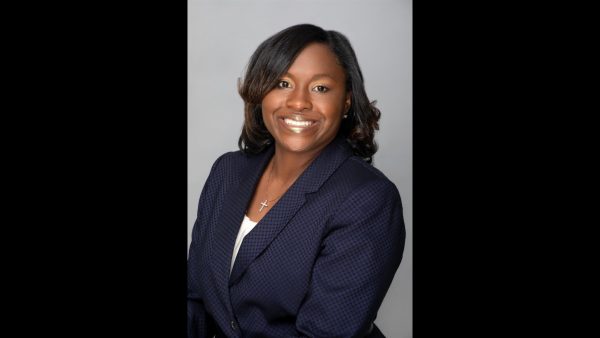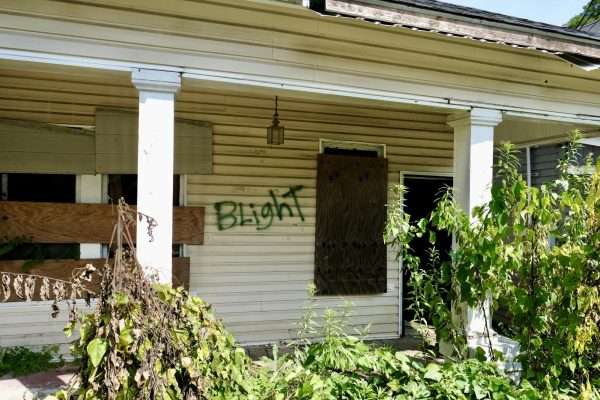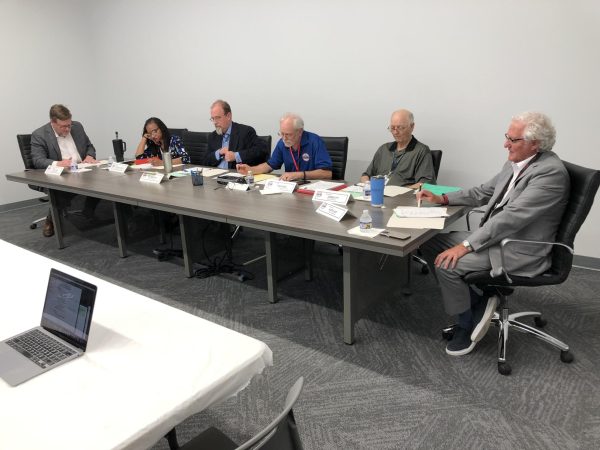Macon-Bibb County demolishes the same homeless encampment for the second time since June
Tonithia Fernandez holds one of her two cats while also trying to pack up and move her home as a Macon-Bibb County excavator clears out another part of the encampment where she lived until Tuesday.
Residents of a tent encampment near downtown Macon have been displaced by the city for the second time in three months.
Like it did in June, the city brought heavy machinery to clear the empty lot owned by the Macon-Bibb County Urban Development Authority at the corner of Spring Street and Riverside Drive.
And just as in June, city spokesperson Chris Floore said public health was what brought city workers to the lot.
“So we once again sent services down several days ago to make sure people knew where there was a safe place to go, where they could get the services that were needed, as well as opportunities to find jobs and housing,” Floore said.
Residents said that outreach began four days prior to the city workers’ arrival. In June, there were weeks of outreach from the nonprofit shelters at the Salvation Army and the Brookdale Resource Center before demolition began.
Most residents simply moved to another camp along the Ocmulgee River in June. During a break from stuffing her belongings into a shopping cart, Michelle Jackson said that’s what she will do again.
“I’m gonna go find another location,” Jackson said. “I mean, I ain’t got no choice.”
Across the gas station parking lot, Tonithia Fernandez was trying to pack up her things while also corralling her two cats. She said “No thanks” to a shelter, too.
“I’m still not going to go to a shelter because it’s like prison to me,” Fernandez said. “I did seven years so I don’t like to be closed in.”
Michelle Jackson said her disinterest in shelter living stems in part from her efforts to live with mental illness. She takes medication for bipolar disorder and schizophrenia.
“You can’t force us to stay inside of a shelter if we don’t want to,” she said. “That won’t help because it’s, like, the only thing they can do is put me inside a mental institution. That’s just like taking my rights away from me.”
In a July conversation with the Macon Newsroom, Macon Mayor Lester Miller acknowledged the struggle to get help to people like Jackson and Fernandez.
“We made the assistance, we offered help,” Miller said. “We can’t force anyone.”
He went on to say he might be looking for ways around the stalemate.
“House Bill 1013 will give us some options,” Miller said, referring to the just-passed Georgia Mental Health Parity Act. “And some options may have to be involuntary actions to ensure someone is not hurting themselves.”
The health parity act includes a somewhat lowered bar for law enforcement officers to forcibly commit people to psychiatric institutions.
Macon-Bibb spokesperson Chris Floore said the city will again extend the offer of shelter space and social services as it deals with the other homeless encampments along the downtown river corridor.
This story comes to The Macon Newsroom through a reporting partnership with GPB News, a non-profit newsroom covering the state of Georgia.
















